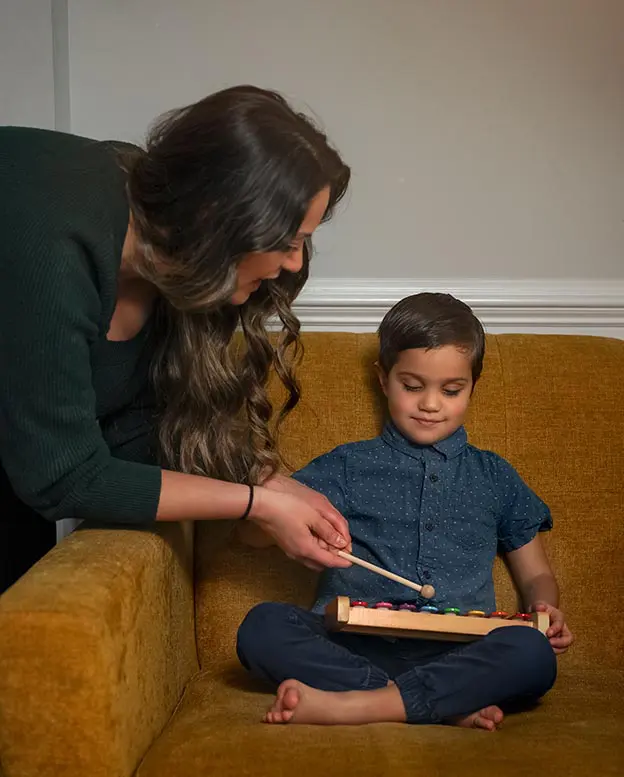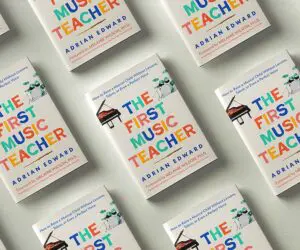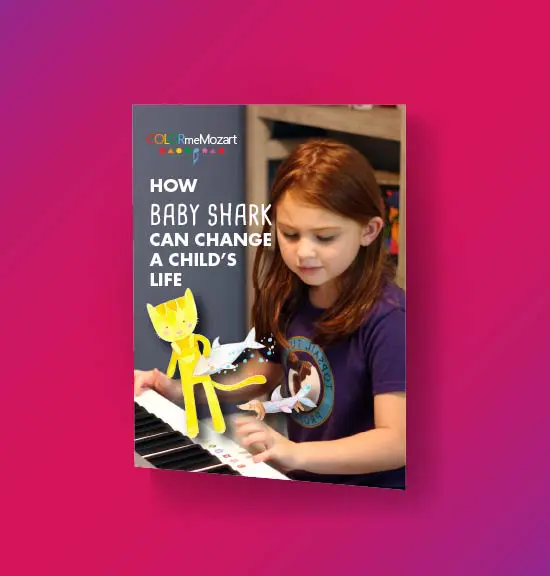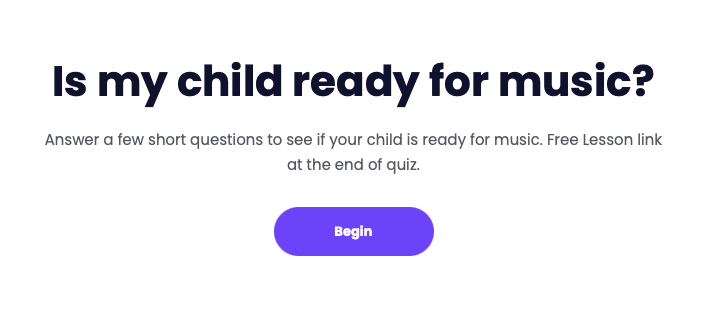Introduction
Teaching music to preschoolers can seem daunting, especially for parents without a musical background. However, music education at an early age offers numerous benefits and can be a joyful and bonding experience for both you and your child. This guide will show you how to create a music-friendly environment, introduce basic music concepts, and keep your preschooler engaged–all without needing any prior musical knowledge.
Benefits of Early Music Education
Cognitive Development: Music enhances brain development, particularly in areas related to language and reasoning. Studies show that musical training can improve a child’s IQ, spatial-temporal skills, and academic performance.
Emotional and Social Benefits: Music encourages emotional expression and helps children develop empathy and social skills. Group music activities can also foster a sense of community and teamwork.
Physical Coordination and Motor Skills: Playing instruments and moving to music improve fine motor skills and hand-eye coordination. Rhythm activities, such as clapping and dancing, promote physical fitness and coordination.
Setting Up a Music-Friendly Environment at Home
Creating a dedicated space for music activities is key to fostering a love for music. Here are some tips:
- Dedicated Space: Set aside a small area in your home where your child can explore music without distractions.
- Essential Tools and Instruments: This is where a curriculum such as Color Me Mozartâ„¢ comes into play. The important thing is to have music as part of the day for kids, with fun instruments and activities.
- Incorporate Music into Daily Routines: Play music during playtime, bath time, and bedtime. Encourage your child to sing along, move around, and identify instrument when possible.
Getting Started with Basic Music Concepts
Introduce basic music concepts through fun and simple activities:
- Rhythm: Use clapping games, tapping sticks, or household items to create rhythms. Encourage your child to follow along and create their own beats.
- Melody: Sing familiar songs and nursery rhymes. Use a keyboard or app to play simple melodies and let your child experiment with different notes.
- Basic Music Theory: Teach concepts like high/low, loud/soft, and fast/slow using examples from songs your child knows.
Interactive Music Activities and Games
Keep your child engaged with interactive activities:
- Singing Songs and Nursery Rhymes: Sing together daily. Songs with repetitive lyrics and melodies are great for learning.
- Clapping and Rhythm Games: Play clapping games like “Pat-a-cake” or create your own rhythm patterns for your child to follow.
- Active Listening Games: Ask children what songs they like and even more important, what they like about a song. You’ll be amazed at how a child can express themselves when prompted.
Resources and Curriculum Options
There are many resources available to help you teach music at home:
- Music Curricula for Preschoolers: Look for programs designed specifically for young children. These often include step-by-step instructions and engaging activities.
- Color Me Mozartâ„¢ Courses: Our music courses are designed to make learning music fun and easy for both parents and children. With our curriculum, you can learn alongside your child, even if you have no prior musical experience.
Tips for Keeping Kids Engaged
- Make Learning Fun: Use games, stories, and play to teach music concepts.
- Encourage Creativity: Allow your child to explore and create their own music. This fosters a love for music and boosts confidence.
- Balance Structured Lessons with Free Play: Structured lessons are important, but so is free play. Let your child experiment with instruments and sounds on their own.
Conclusion
Teaching music to your preschooler doesn’t have to be intimidating. With the right approach and resources, you can create a fun and enriching musical environment at home. Start your musical journey today with our easy-to-follow music courses designed for non-musical parents.
Call to Action
Ready to begin? Explore our music courses and resources, and see how easy and fun learning music can be. Share your experiences and tips in the comments below–we’d love to hear from you!





